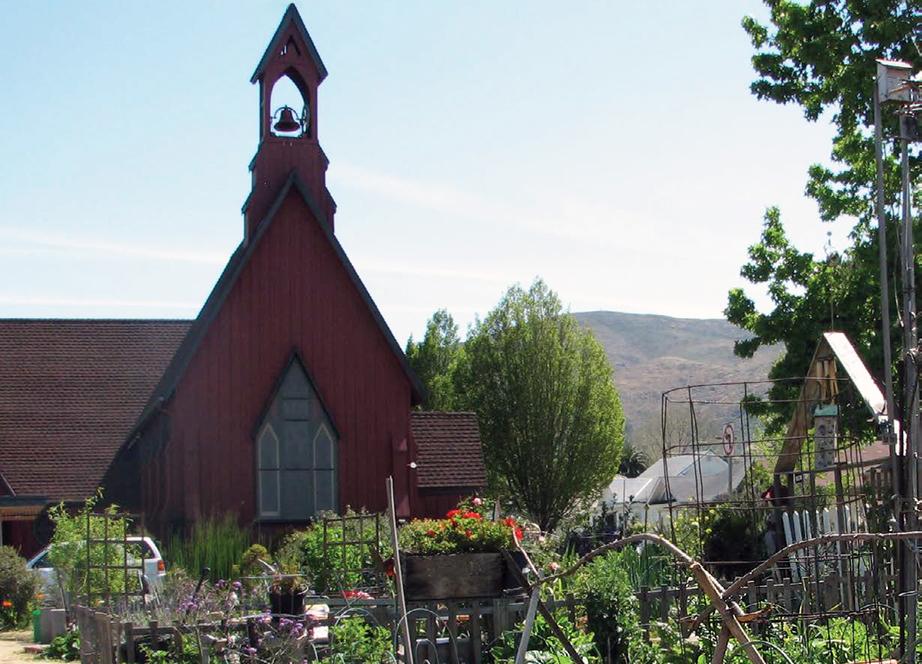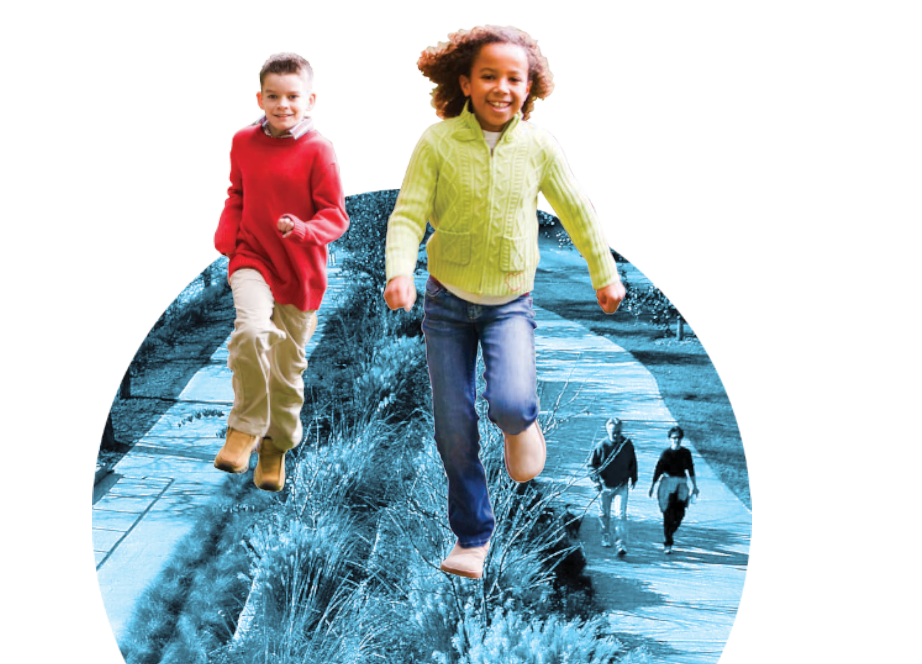Although shared use is often used as a strategy to increase opportunities for physical activity on school grounds, other government agencies as well as community- and faith-based organizations are successfully implementing other types of shared use arrangements. Examples include using public or private property to grow food, opening kitchen facilities for cooking classes, and creating recreational opportunities with non-traditional partners such as utility districts.
Beyond the Schoolyard
Opening many kinds of space for public use

Congregation to Community
Learn how faith-based organizations can help improve the health and well-being of their neighbors by opening up their facilities and programs.

Dig, Eat, & Be Healthy
Our guide provides tools to help community members access public land for growing food, including common types of agreements and provisions on topics such as liability.

This Land Is Our Land
This primer provides background and walks the reader through legal and policy issues that may arise when partnering with public entities to create recreational opportunities.